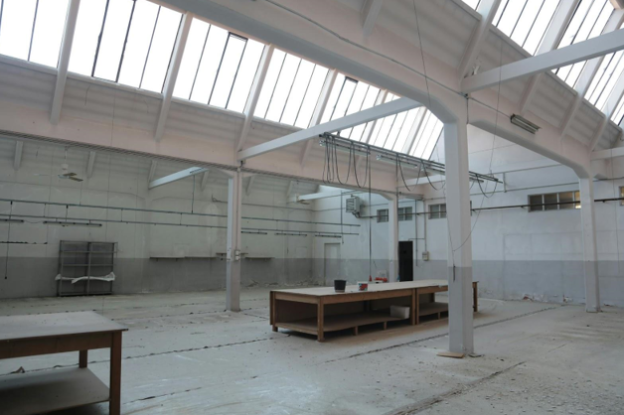The value of office space in major cities is a huge expense for businesses. It means office-based businesses need to be smart about how they allocate every square foot. Off-site storage has become an essential part of the mix, and choosing the right facility is a skill that every business owner or operations manager needs to have.
Why self-storage?
There are self-storage facilities across all the major cities. As an example, in Canada Toronto storage has facilities include Downtown, Yorkdale and Scarborough. This means that wherever a business is based in the city, it can rent a storage unit within easy reach. It also means that with so many to choose from, the business can afford to be selective and choose the one that best meets its needs. We will dig a little deeper into what those needs might be in just a moment. But first, it might be necessary to have a little mindset adjustment on how this type of storage might be used.
In years gone by, businesses often used remote facilities as document archives. Boxes full of paperwork were shipped off every few months, and most sat untouched for however many years they needed to be retained, with only the very occasional need to retrieve something to deal with a customer complaint or a legal claim. Under those circumstances, it’s unsurprising that so many businesses risked cutting corners and costs by using substandard facilities miles from the city.
But when you consider the current price of office space, a modern, secure and easily accessible storage unit can have far wider applications. It can be used for storing items that might be needed at short notice such as tools and stationery supplies. For businesses involved in the sale of tangible goods, it can even be used for storing inventory. This means the business can reassess the premium office space that it genuinely needs for desk-based staff and meetings.
Location, location, location
To make this broader use of storage facility, location is one of the most important factors. For example, Toronto is Canada’s largest city by population, and it covers an area of more than 640 square kilometers. It can easily take an hour or more to drive from one side of the city to the other, especially in rush hour. So, the first consideration in a busy and population-dense city like this is to find a storage facility that is in easy reach of the office.
Also think about where the storage unit is located on the site. Units on the ground floor might cost a little more, but depending on what you wish to store, they can be far more convenient. With some, you can literally unload from the van straight into the unit. Storage companies have cargo lifts for reaching upper floors, but it makes the process of loading and unloading a little longer. Consider how regularly you will need to access the unit when weighing up the pros and cons here.
Choosing the right size for current and future needs
When it comes to choosing office space at today’s prices, it makes sense to get by with as little as you can manage. But when selecting a storage facility, you need to think differently. Storage units are available in sizes ranging from five feet square to 20 by 30. Yes, they go up in price as they get bigger, but the cost difference between, for example, a five by 10 or 10 by 10 heated unit is only a matter of about $30 per week.
So don’t just think about current needs, also think ahead about how the unit might be put to use over the coming year or two. Planning in this way saves the time and inconvenience of changing units and shifting everything from one to another after a few months.
Security and accessibility
Every professionally operated storage facility should have good security. But it is something you should certainly check, just to make sure. Look for a site that provides 24/7 coverage with CCTV throughout.
Keeping intruders out is important, but you need to make sure you can access the facility whenever you need to. For most businesses, accessibility during normal office hours will be sufficient, but if your business operates during evenings or weekends and you might need to access the storage during unusual hours, this is something you will need to raise when you discuss the booking.
Facilities maintenance
Many cities have harsh winters, with temperatures dropping as low as –35C. Even in the south of the country, it can drop to –20C. In recent years, many cities have had to cope with other extreme weather conditions, too, including record-breaking rainfalls and increasing incidences of heat waves in the summer. So wherever your business is located, choosing a facility that is climate-controlled and properly maintained is vital. Even if you only use the facility for archived documents, damp can have severe consequences for a business if, for example, it is required to produce documentation during legal disclosure.
Similarly, it is vital to make sure the facility has measures in place to control vermin. It is another reason to use a professional storage facility as opposed to a low-cost informal alternative in somebody’s warehouse or farm outbuilding, as anyone who has ever searched through rat-infested archive boxes for a specific document can verify.
Discounts and special offers
We have already mentioned that it is a false economy to compromise on areas like proximity, security or facilities maintenance just to save a few dollars. But having said that, costs are always a deciding factor with any business decision.
The storage market is booming right now, especially in major cities. This means there is plenty of choice, so there are some bargains to be had. For example, some storage facilities are currently offering four weeks free on new bookings, for temperature-controlled storage units in secure facilities. It’s a compelling option for businesses facing ever-growing office rental costs.

